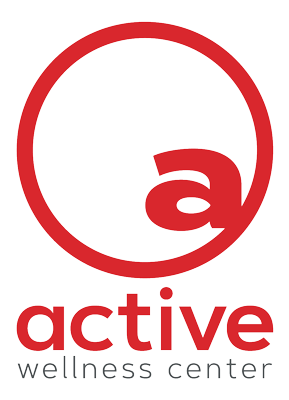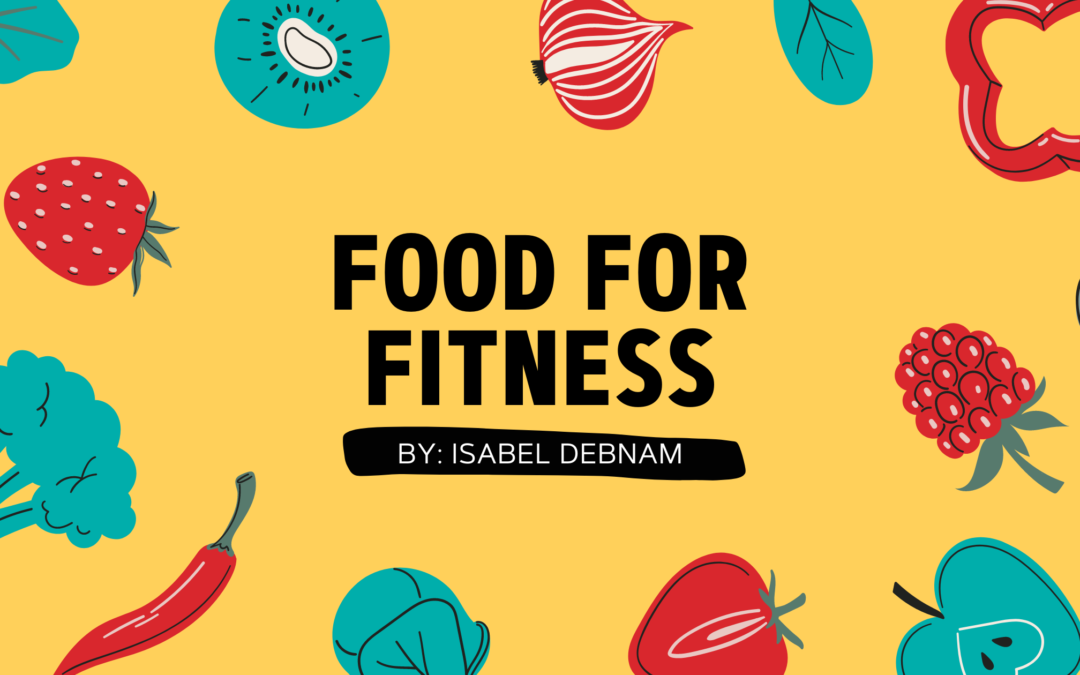Fueling properly for fitness can be the differentiator in how you show up as an athlete. Not only will it benefit your performance and ability to improve your fitness level, but it will significantly reduce your risk for injury. Although each person’s fueling needs will inevitably differ based on athletic ability, sport/type of workout, fitness goals, etc., below are some basic things to keep in mind!
Hydrate well. Not just prior to a workout, but as a habit – and even more so before, during and after workouts.
Pre-workout food. Fuel with a carbohydrate at the very least. Be mindful of the fact that pre-workout fuel differs based on timing of your meal and what type of workout you’ll be doing.If eating 3-4 hours prior to activity, feel free to bulk up your meal a little more. A little trial and error goes a long way here!
- For endurance athletes, you may want to consider ‘slow-burning’ fuel like complex carbs and fats to get you through extended cardio-based workouts.
- Peanut butter and banana/jelly sandwich on whole grain bread
- Toast with avocado and a side of fruit
- Oatmeal with nuts/nut butter
- Hearty crackers with hummus or avocado
- Chia seed pudding with fruit topping
- Cheese, nuts and fruit plate
- Full-fat yogurt with fruit and granola
- For strength training/CrossFit-type workouts, simple carbs ~30 mins before a workout will provide you with easy-to-digest, readily available energy.
- Fruit, applesauce or dried fruit
- Pretzels/crackers/granola bar
- Cereal
- Fruit-based smoothie
- Low fat Greek yogurt w berries
- Sports drink (with electrolytes & carbs, esp. sodium & potassium)
Post-workout. Chocolate milk is often referred to as typical post-workout fuel because it contains all of the following:
- Refuel with carbohydrates. You just spent a workout depleting the glucose stores in your body, so you’ll want to replenish them to spare your muscles. If your body doesn’t have carbs to use for energy, it will tap into other sources for fuel, such as proteins.
- Repair with protein. This is key for building muscle – we know this. If opting for a plant-based protein powder, aim for one that contains all nine essential amino acids!
- Rehydrate with fluid and electrolytes. Between heavy breathing, sweating, and your body working hard internally, you’ve utilized a ton of minerals and water that will need to be replenished. Think: sodium, potassium and magnesium!
Aim for majority whole food sources. Not only do I encourage whole foods over processed foods when it comes to meals, but I also encourage them over supplementation if possible. Whole food sources will always be more abundant in nutrients and offer you the most benefits. They’re also naturally limited in ingredients that promote unwanted inflammation.
Overall, fueling for fitness is very individualistic, but the importance of simply fueling in general holds true across the board. Exercise is essentially putting intentional stress on your body, which is why the same level of intention should be translated into adequate nutrition, as well.

Written by:
Isabel Debnam, a Registered Dietitian supporting the nutritional needs at Active Wellness Centers Petaluma and Napa.
Contact Isabel.Debnam@activewellnesscenter.com for additional support and to schedule your free first-time discovery consultation available to current members.

